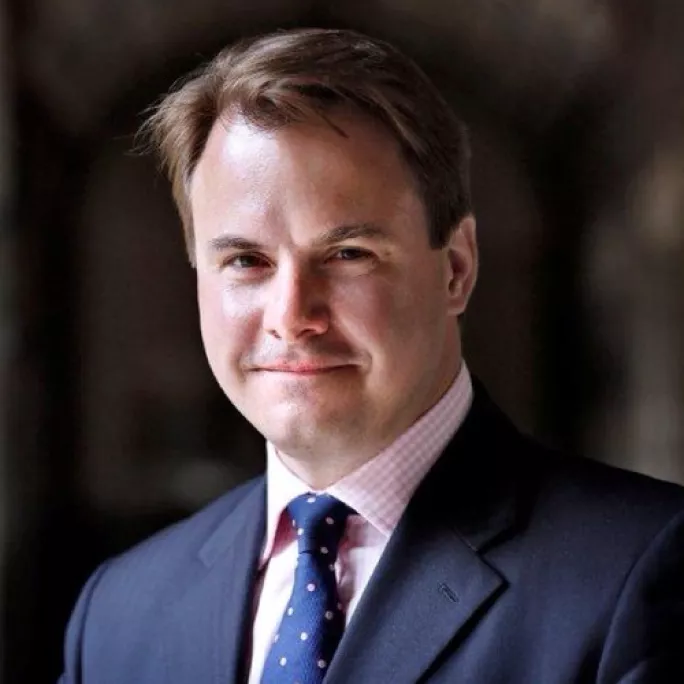‘Scottish independent schools will thrive - whatever the outcome of the referendum’
Gareth Doodes, principal of George Heriot’s School in Edinburgh, writes:
There are arguments surrounding the short and long-term consequences of either a yes or a no vote in the upcoming referendum and its impact on independent education. Andrew Fleck’s comments in the article “English private schools could benefit from Scottish referendum ‘yes’ vote”, although obviously to be respected, are in parts flawed and, I feel, need addressing.
Fleck presumes that people who send their children to independent schools in Scotland will vote no in the referendum. This is not the case; the demographic of independent school parents is wide and varied, especially in light of schools in Scotland being committed to large amounts of bursarial aid, as specified by the Scottish Charity Regulator. And on that point, the Scottish government has not put schools under “considerable pressure” by questioning charitable status. In England, the Charity Commission, under its previous boss, was quite unimpressed by schools and their interpretation of their status down south. Our regulator, especially in recent years, has never demonstrated this, and has worked hard to understand individual schools and the efforts they make. The fact that no school has failed the test perhaps demonstrates this.
It is generally felt that Scottish schools are stronger due to the scrutiny they have faced and the transparency of their charitable purpose. The “general antipathy” from the Scottish government towards Scotland’s private school is difficult to spot, especially seeing that the SNP administration have made it clear that they have no wish to interfere in independent schools should they remain in government. Scottish independent schools, like those in England, are as susceptible to the political weather as much as any other sector.
There is an inference within the article that Scottish independence will see a reduction in people wanting to work in Scottish independent schools, “reducing the talent pool”, but this presumes incorrectly that independent schools only wish to employ English staff. Throughout independent schools in Scotland, highly qualified staff can be found of both Scottish and English descent. True, there may be challenges that need to be faced through the transfer of a pension to the Scottish or English system, but the investment that Scotland has put into teaching in the last decade is seeing tremendous results in all areas. In spite of the referendum, a number of independent sector heads in Scotland have been appointed from English schools, therefore demonstrating that the movement across the border has not been dented by the uncertainty created by the referendum.
Fleck states that “outward looking” people would “think twice” about sending their children to school in Scotland. This statement is preposterous, and infers that only inward-looking people would educate children north of the border. The standard of teaching, facilities and results in independent schools consistently show that parents who do chose to educate their children are far from inward-looking.
Finally, the article quotes Fleck as stating that “the disturbance that’s going on in Scotland will lead people to question education [there]”. This disturbance is actually a completion of a democratic will of the people. The referendum, whatever side of the argument one may be on, has inspired a generation of people to be politically aware, to question what nationhood is all about, and catalysed people to become interested in their own futures.
Education in Scotland is exceptional, and the independent sector is part of this success. Many of the schools in Scotland were formed long before Scotland joined the Union with England, and many are prepared to work in an independent Scotland or a United Kingdom, proud of their own independence to teach, inspire and care for generations of young men and women, whatever country they may be from.
Related links:
English private schools could benefit from Scottish referendum ‘yes’ vote
The vote is for ending inequality in Scotland
Keep reading for just £1 per month
You've reached your limit of free articles this month. Subscribe for £1 per month for three months and get:
- Unlimited access to all Tes magazine content
- Exclusive subscriber-only stories
- Award-winning email newsletters




